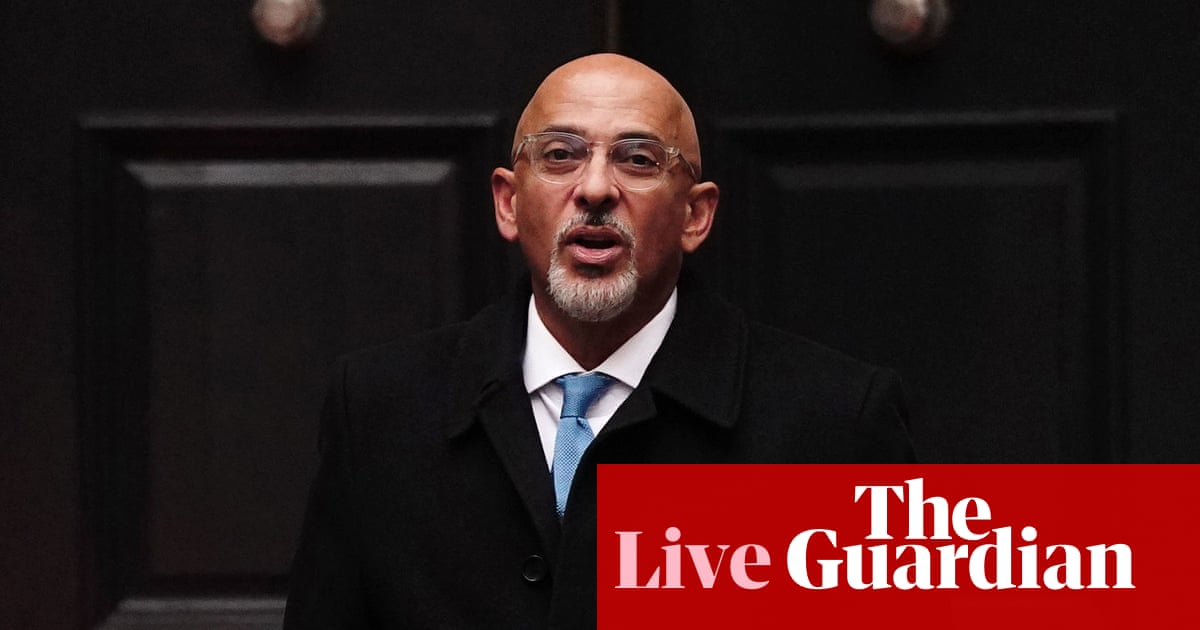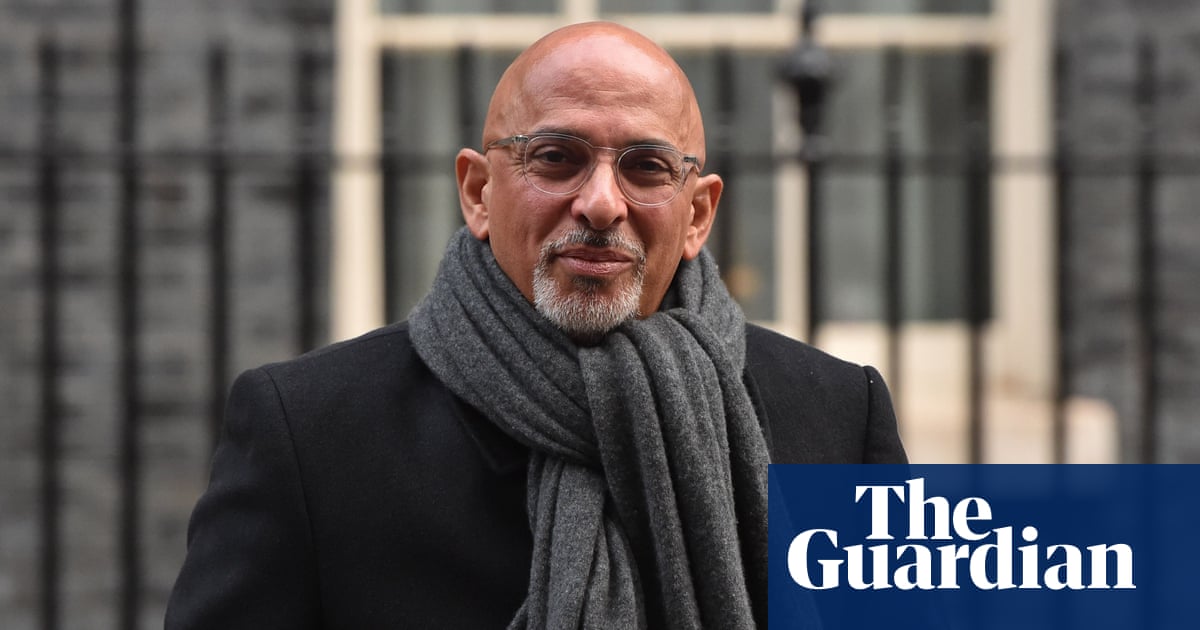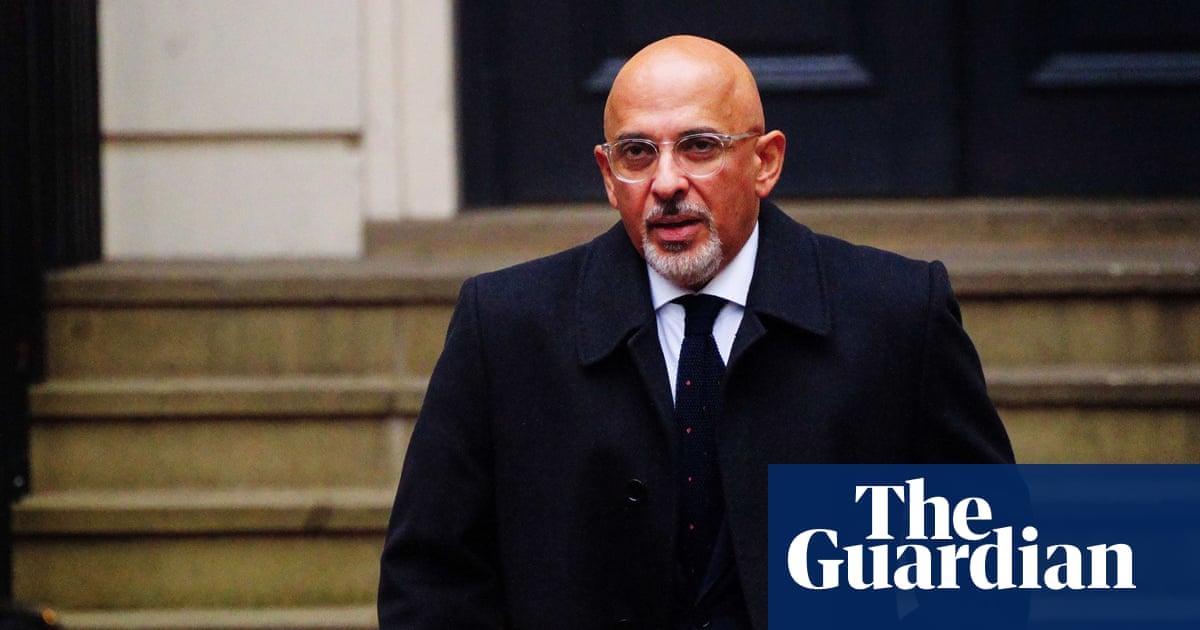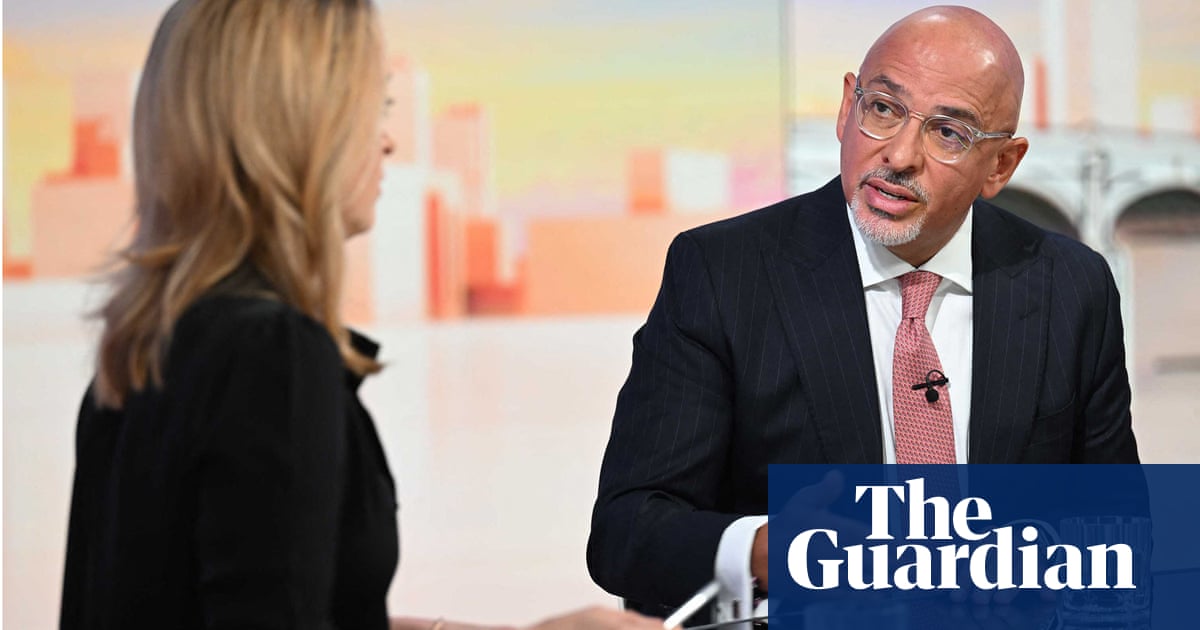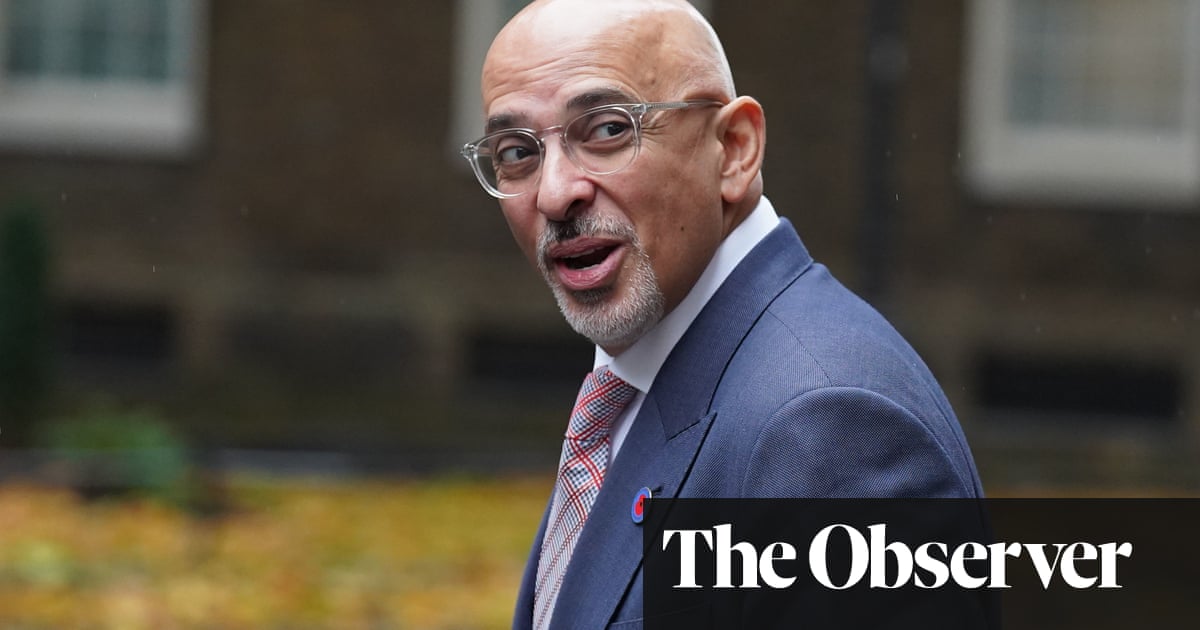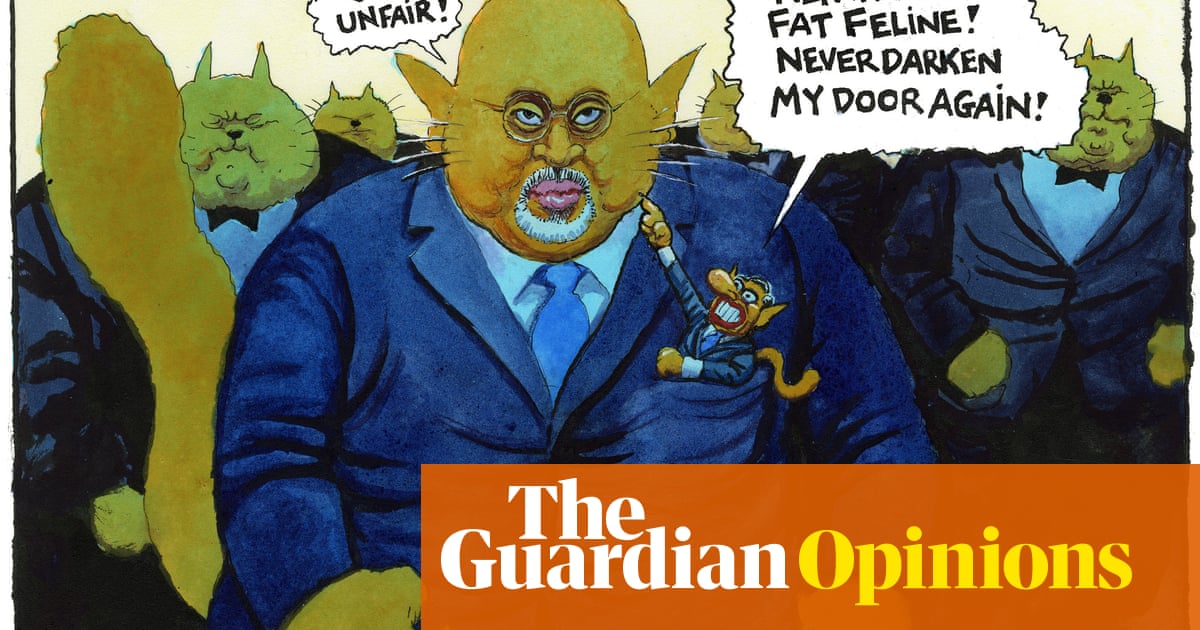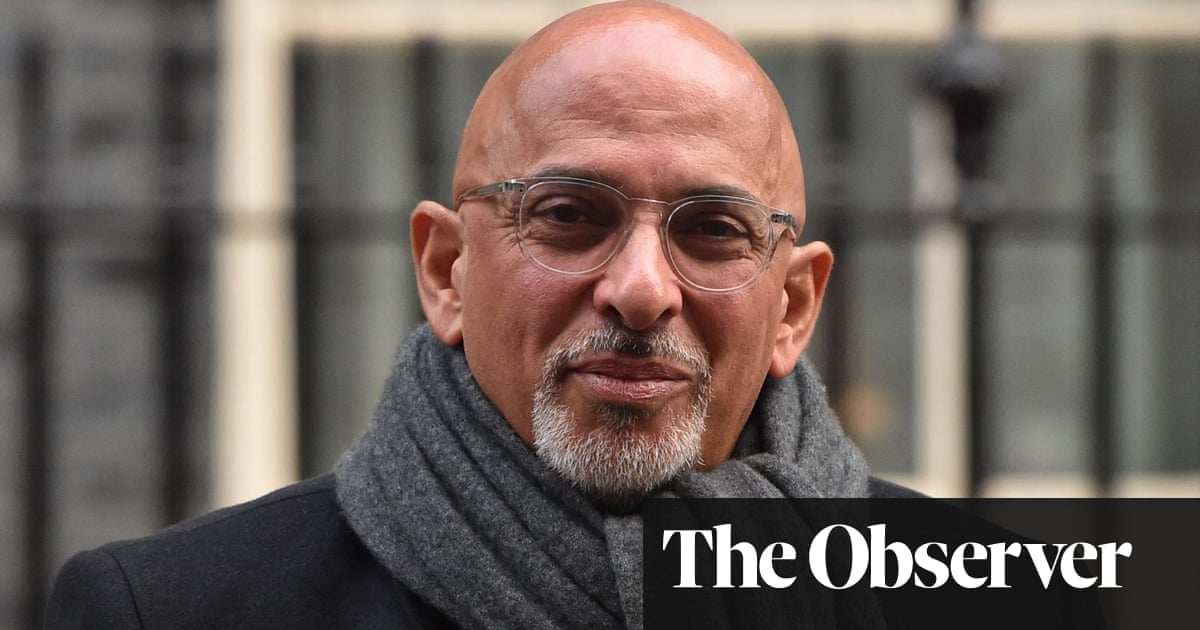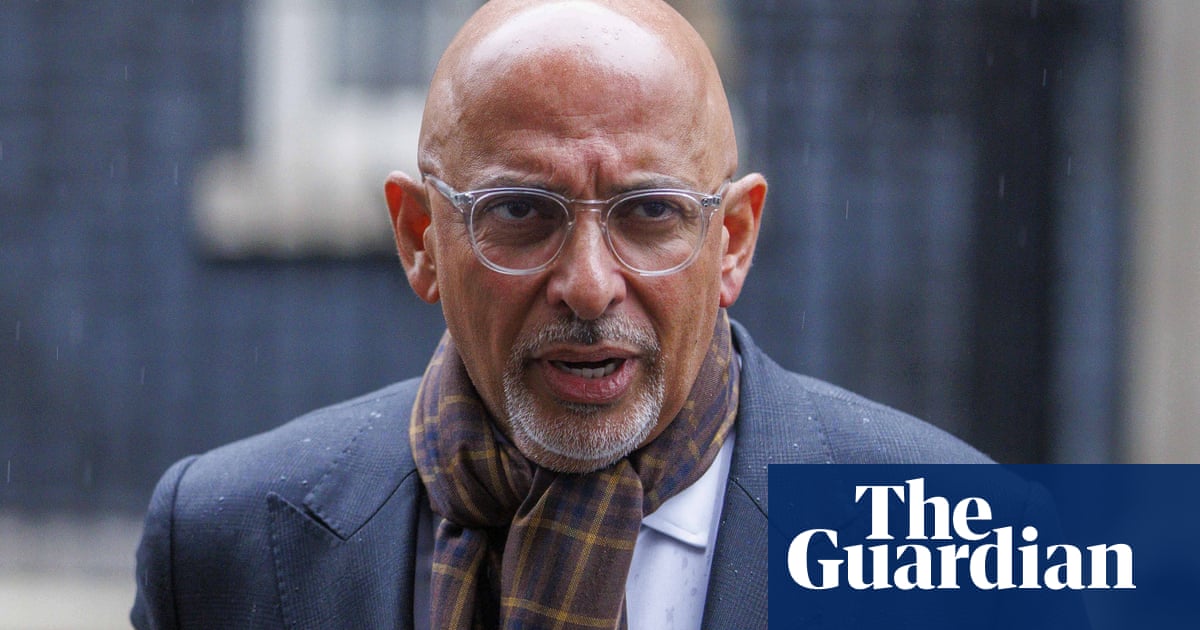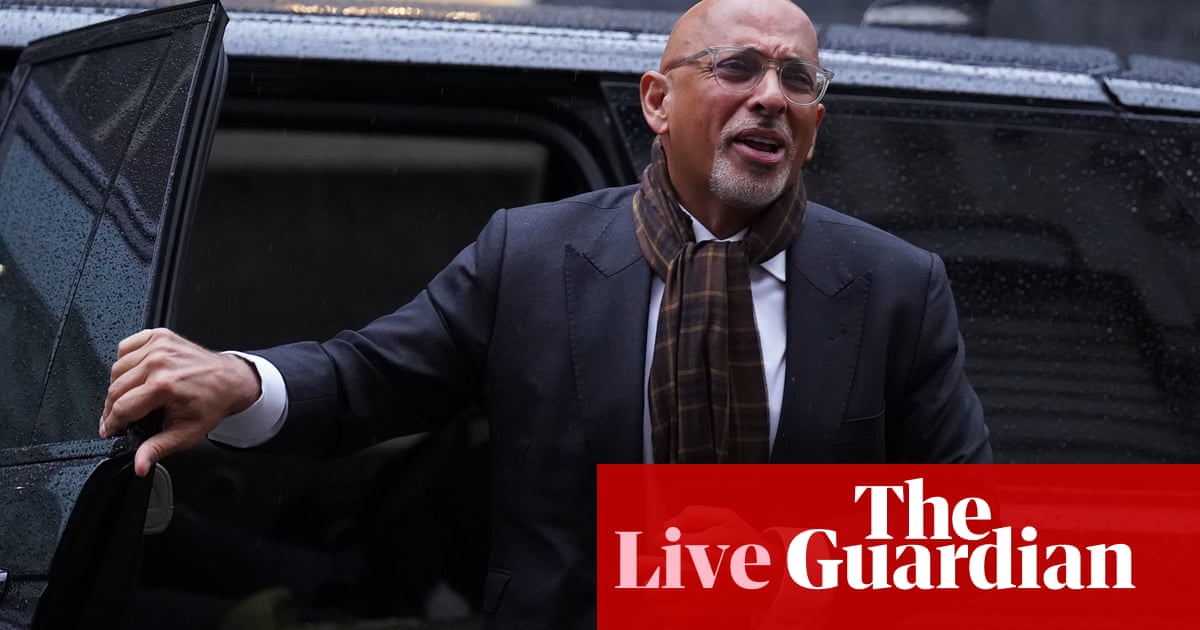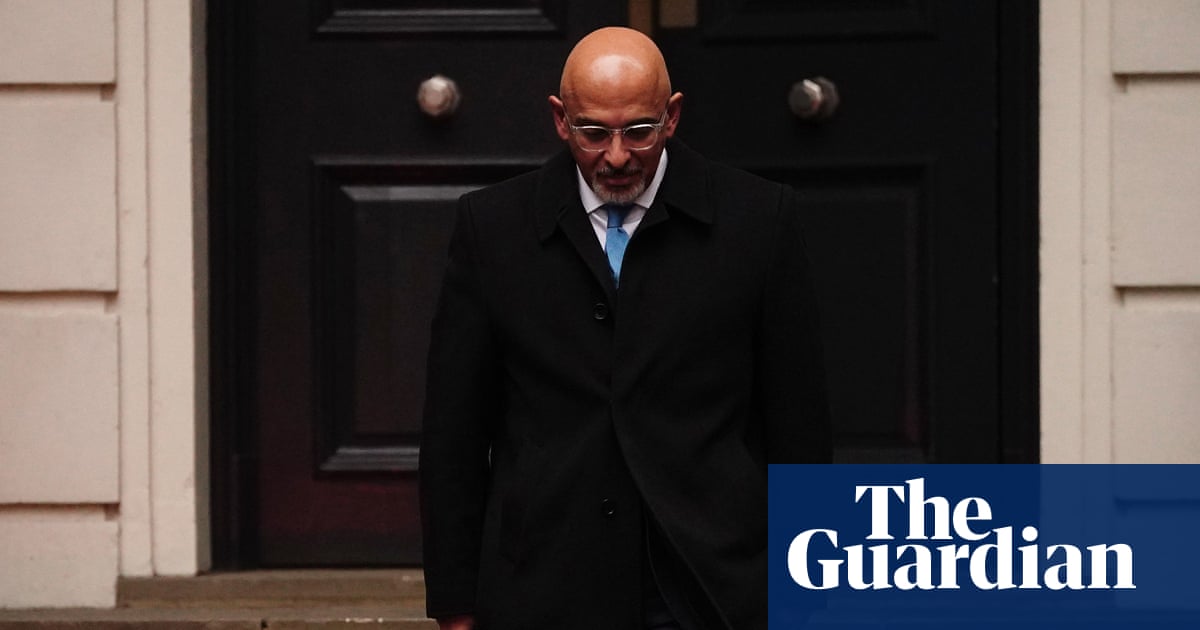
Nadhim Zahawi has offered to share his tax information with an inquiry into his financial affairs, as the head of HMRC added further pressure on the Tory chair by saying there were “no penalties for innocent errors” .
Zahawi wrote to Jim Harra, the chief executive of HMRC, on Wednesday night authorising him to pass on any relevant information from his records to Laurie Magnus, Rishi Sunak’s ethics adviser, a source said.
The letter was sent before Harra appeared before a parliamentary committee on Thursday morning, but was seemingly not seen in advance by the HMRC chief, who told MPs that it would require consent from a taxpayer to divulge any of their details.
While Harra stressed he could only talk about general rules and not specific cases, some of his comments to the public accounts committee will have been notably uncomfortable for Zahawi and Sunak.
“There are no penalties for innocent errors in your tax affairs,” Harra said. “If you take reasonable care, but nevertheless make a mistake, whilst you will be liable for the tax, and for interest … you would not be liable for a penalty.
“But if your error was as a result of carelessness, then legislation says that a penalty could apply in those circumstances.”
Zahawi, who effectively confirmed he paid a penalty to HMRC in a statement at the weekend, joined Sunak and other cabinet ministers for an awayday on Thursday at the prime ministerial retreat of Chequers, although he was said to have played minimal part in discussions.
A brief TV interview given by Sunak at Chequers saw the prime minister once again face repeated questions about Zahawi, who attends cabinet as minister without portfolio as well as being Tory chair.
Asked about Harra’s comments, Sunak said he could not “pre-judge the outcome of the investigation” into Zahawi’s tax payments by Magnus.
Sunak himself faces pressure to explain why he appointed Zahawi to the cabinet despite media reports chronicling his tax woes, and given Zahawi had paid a tax penalty while he briefly served as chancellor under Boris Johnson.
The PM has insisted he first learned about the penalty when the Guardian reported it on Friday, despite other government sources disputing this version of events. “When I appointed Nadhim Zahawi to his current job, no issues were raised with me about that appointment,” Sunak said on Thursday, adding that he had only commissioned Magnus’s inquiry when “new information came to light over the past week”.
According to Guardian sources, Zahawi is understood to have paid an estimated total of £5m, which included interest, about £3.7m in tax owed and a penalty of 30%. The tax demand was connected to the sale of a Gibraltar-based share in YouGov, the polling company Zahawi co-founded.
Zahawi said last week that the error was “careless and not deliberate”, but has not provided further details.
When asked about how the term “careless” should be interpreted by the public, Harra told MPs: “Carelessness is a concept in tax law. It can be relevant to how many back-years that we can assess, can be relevant to whether someone is liable to a penalty and, if so, what penalty they will be liable to for an error in their tax affairs.”
While Harra made clear he was not at liberty to speak directly about an individual’s tax affairs because of confidentiality rules, he said he would most likely be able to do so if he had permission from Zahawi himself.
HMRC would assist with any relevant ethics inquiries “in any way we possibly can”, Harra told MPs, but added that it did not have a duty to correct any false statements that may be made to the public or media by the individual in question.
Questioned about whether Zahawi would be expected to hand over details of his tax affairs before it emerged he had given HMRC permission to do this, Sunak’s deputy spokesperson said: “It’s an independent investigation, so I can’t comment on the process. More broadly, the prime minister expects participation with it.”
While the HMRC has agreed to flag potential tax issues in regards to individuals being considered for honours or peerages, Harra said there were no similar memorandums of understanding in place with the Cabinet Office regarding ministerial appointments.
“The process for appointing ministers is handled in Cabinet Office. They have got their own processes … there’s no part of that that involves routine engaging with HMRC or routine disclosure of information,” he said.




